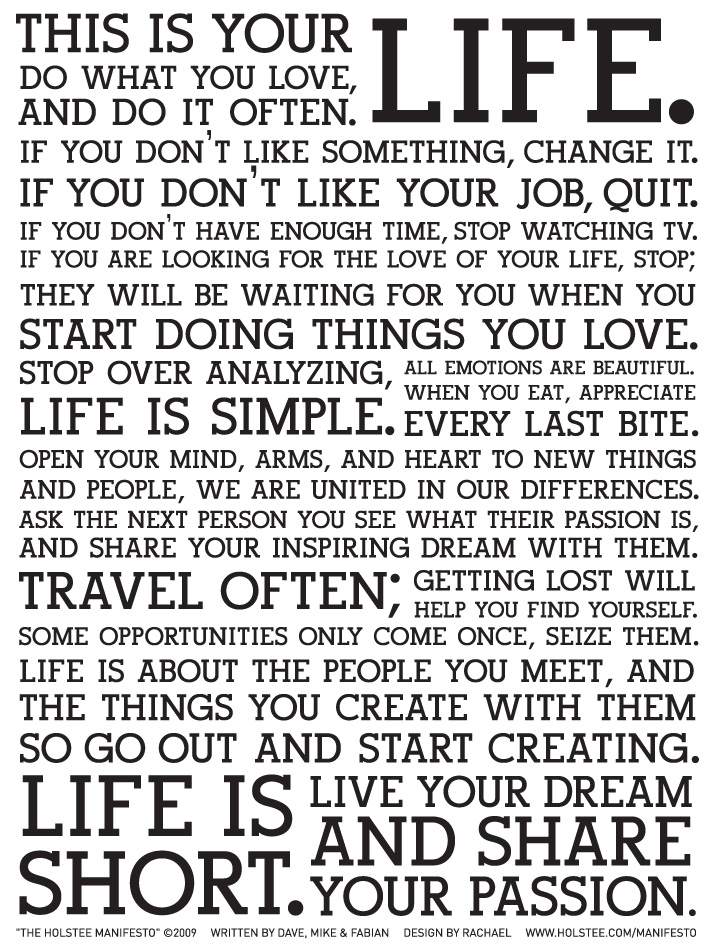A Christmas Peril (podcast) Outer Limits (diptherio).
Why just four seasons? Ancient Japan had 72 microseasons Boing Boing. In Maine we have mud season. It only lasts six weeks or so, but it feels like six months….
Wall Street Journal op-ed: Why This Rabbi Loves Christmas: Christians and Jews Await the Messiah. The Only Debate Is If He’s Been Here Before, by Rabbi Michael Gotlieb (Santa Monica, CA):
Christmas fascinates me. I’m drawn to its history, its color, its atmosphere, its music. And, of course, I’m drawn to the fact that Jesus was a Jew. He was born a Jew, lived as a Jew and died a Jew. If for nothing else, I can appreciate Christmas as the celebration of one Jew’s epic birthday.
The 20th century philosopher and theologian Martin Buber would often begin lectures to ecumenical gatherings by stating that a key difference separating Jews and Christians is whether Jesus was the messiah. Christians believe he was, and they are awaiting his return. Jews believe that the messiah hasn’t yet come. His suggestion: Let’s all pray for the messiah—Christians and Jews alike. When he arrives, we’ll ask if he’s been here before.
While I am a religious Jew, and Judaism unequivocally promotes belief in a messiah, the concept sometimes puzzles me. My difficulty with the notion of a messiah is not an issue of faith—that’s too personal to argue. The question is if the messiah were to appear, or reappear, what would he say that hasn’t already been said? I assure you that there would be nothing new, no surprises.
The messiah would likely declare that we shouldn’t treat fellow human beings like objects and that we shouldn’t steal from one another. To bring peace to the world, the messiah would certainly demand, “Love your neighbor as yourself,” “Don’t murder—especially in the name of God,” “Don’t commit adultery,” and “Don’t bear false witness.” ...
[T]he issue isn’t necessarily the messiah. To think so is to take one’s eye off the theological ball. The real issue is God. The messiah can become a veil, it can separate us from the primary source. I’d prefer to blame or praise God directly and not a messianic filter.
Within Judaism, rabbinic law has become a potential veil between the individual and God. Rulings on Jewish law are too often engulfed in a labyrinth of hairsplitting debate. Not uncommonly its resolve depends on the authority of a particular rabbi or academy. The forest is too often lost amid the trees.
So while Christians ask, “What would Jesus do?” Jews ask, “What does Jewish law say?” That’s completely understandable from a traditional Jewish perspective, and it is often praiseworthy. But, I wish Jews would learn from their Christian cohorts and ask directly, “What would God say?” Just as the Prophet Micah did by asking, “What does God require of us?”
Christmas and its celebration of the birth of Jesus compels me to think about the concept of a messiah. I am grateful to my Christian neighbors and friends. Through their religious holy day, I am better able to confront and clarify my own religious convictions and theological certitudes.
Like a brightly lighted Christmas tree, Christianity dispels a lot of darkness, theological as well as moral. In its glow, it challenges Christians and non-Christians alike to consider that which is transcendent, eternal and greater than us all. Merry Christmas indeed.
Alone For The Holidays? Here’s Some Bibliotherapy, Or Just Some Good Books, For Your Free Time
Truer words were never written: “The important thing is deciding which book you’d like to spend those long empty days with.”
THE SCIENCE IS SETTLED: New Study Suggests That Men Need To Get Drunk With Their Friends Twice A Week To Stay Healthy
Do It Yourself Star Wars Snowflakes
The Holstee Manifesto

